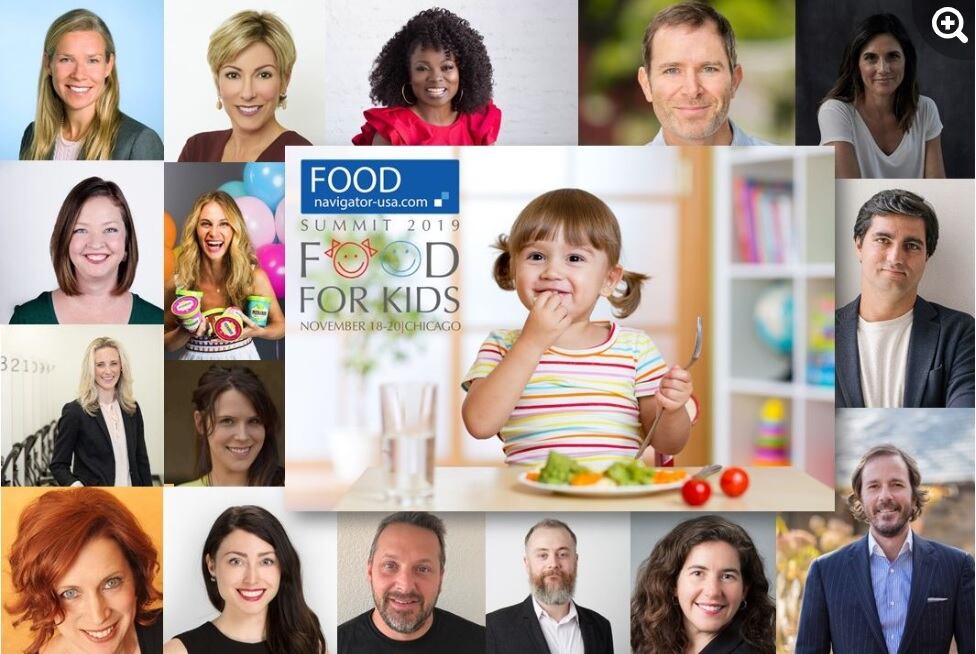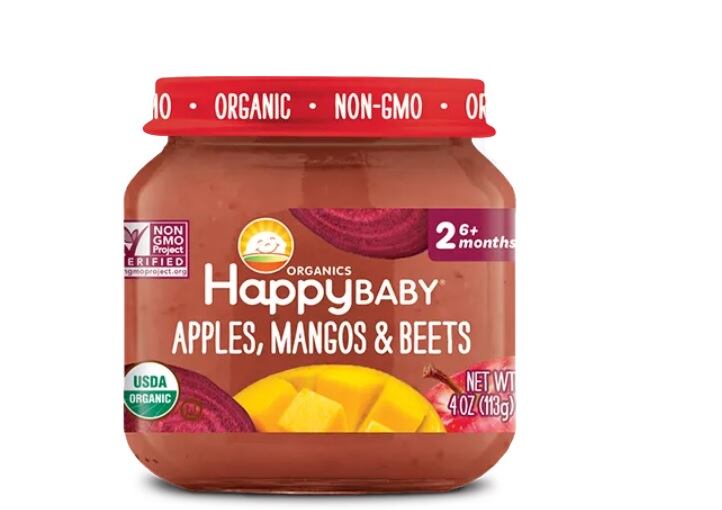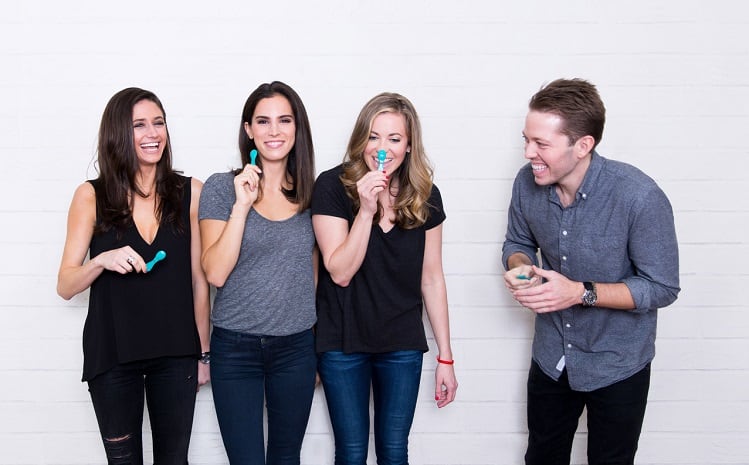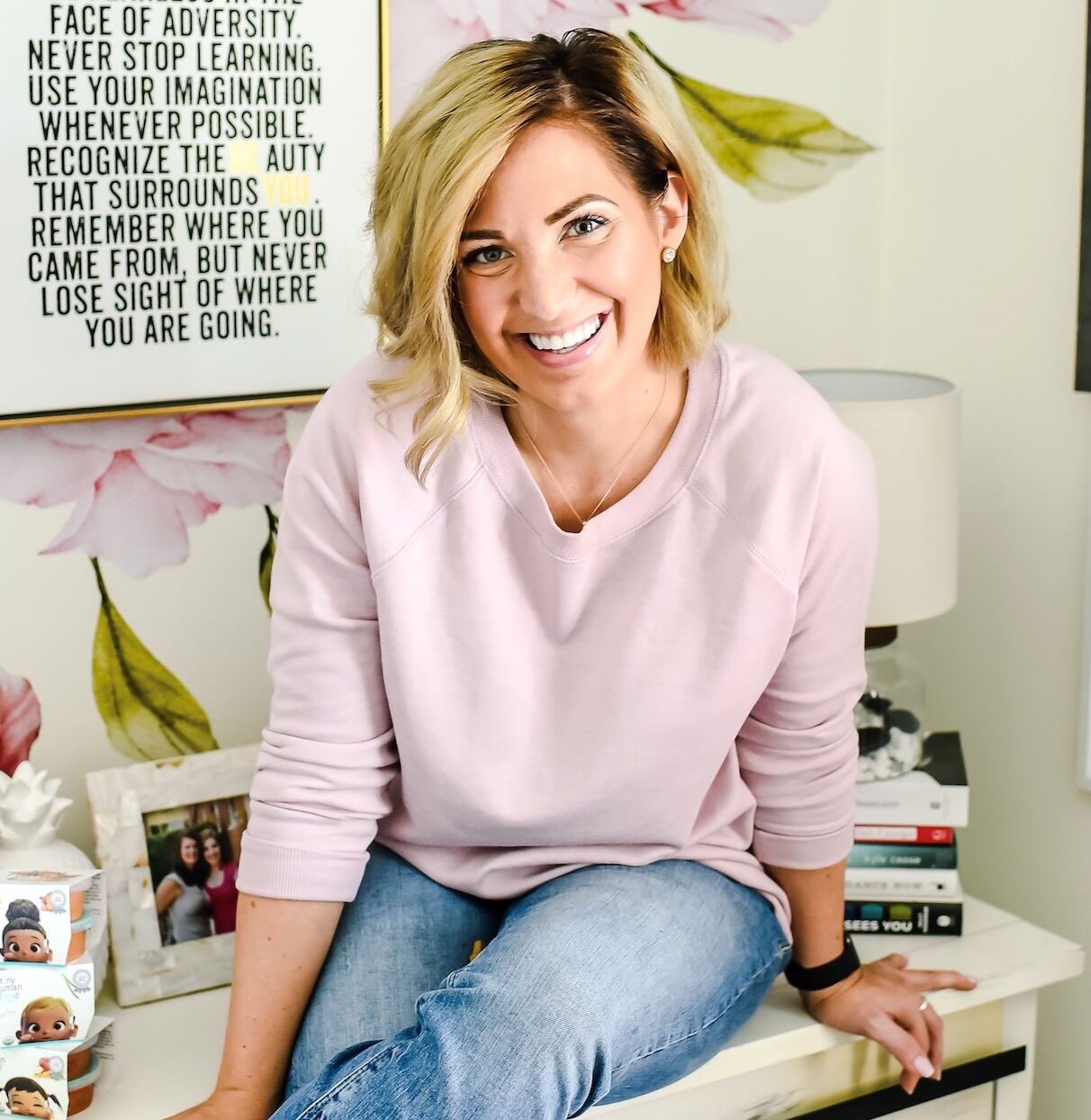This summer the company has made strides on both of these fronts by expanding the number of states in which participants in the Special Supplemental Nutrition Program for Women, Infants and Children can purchase its Clearly Crafted Jars of organic baby food, and by making packaging commitments that support a more circular economy.
Beginning this month, families in Wyoming can purchase through WIC Happy Baby Clearly Crafted Jars, which the company first launched last summer to reach more nutritionally at-risk infants in the US.
Because WIC will not cover the cost of pouched baby food that it considers “too premium” or “excessively expensive,” Happy Family expanded its portfolio to include jars and began what CEO Anne Laraway described as the “really tedious process” of convincing state lawmakers to approve the brand as WIC eligible.
While Laraway acknowledges the process of adding Happy Family’s products to the list of WIC approve items at the state level is difficult, she says it is worth it because “all moms, no matter who they are, are interested in having a variety and being able to choose between brands and flavors for their child.”
In addition, she noted, 48% of WIC eligible moms interviewed by Happy Family said they didn’t feel like there were enough organic brands available to them and would welcome more options.
With the addition of Wyoming, Happy Baby Clearly Crafted Jars are now available in 12 of the 16 states that approve organic for WIC. In April, the line became available to WIC families in California, and in July to families in Colorado and Maine. The jars were previously available to WIC families in Alaska, Connecticut, Florida, Massachusetts, Minnesota, Texas, Vermont and West Virginia.
Spreading the word
To ensure that families in these states are aware of their options, Happy Family is working closely with states to include the brand on participants’ food cards, Laraway told FoodNavigator-USA. She also noted that the company is working with retailers to include a sticker on shelf identifying the products as WIC approved.
“The most exciting thing we are doing though is we are partnering with the National WIC Association to provide booklets for all of their clinicians in the states where we are approved. So, the clinicians can actually use in conversations with participants the booklets, which talk about starting solids, benefits and tips for breastfeeding and all kinds of topics that are nutrition related,” she explained.
The booklets, which are available in English and Spanish, complement Happy Family Organics’ “expert chat platform” that was launched on its website two years ago to answer questions about feeding and caring for children.
Happy Family commits to environmental sustainability
While what is inside the jars matters for children’s nutrition, what the jars are made of and how they are managed once they are empty also matters to the long-term quality of children’s lives, according to the company.
That is why this June it committed to make its packaging fully reusable, recyclable or compostable by 2025.
According to Happy Family Organics, 75% of its packaging by weight already is recyclable, but it will make 100% of its packaging recyclable, reusable or compostable by 2025. And to improve the chances the packages are recycled, reused or composted, it also committed to help address infrastructure challenges that prevent recycling.
In addition, the company pledged to include How2Recycle labeling on all of its primary packaging by 2025 to help consumers understand how best to manage the containers when they finish the food inside.
Finally, the company committed to preserving natural resources by using an average of 25% recycled material in its plastic packaging by 2025 and ensure zero deforestation in paper.
Editor's Note: Find out how else food manufacturers are improving what children eat and helping to ensure they inherent a healthy planet at our Food For Kids Summit this fall in Chicago. Check out the full line-up of speakers and register HERE.





